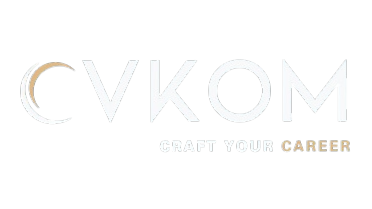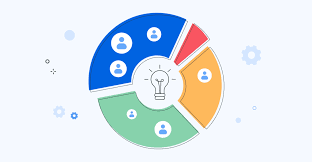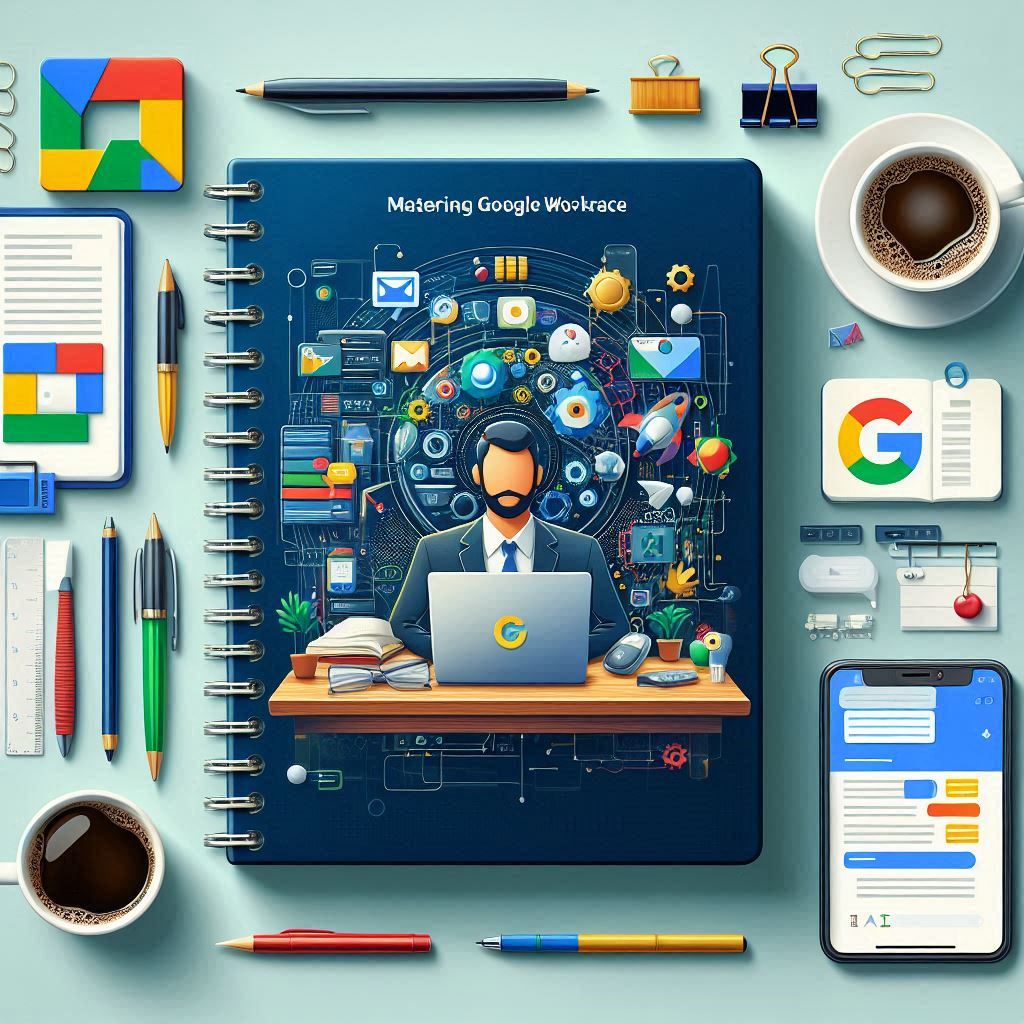This essay explores the diverse range of skills required for different job positions, highlighting the importance of adaptability, technical proficiency, and interpersonal abilities in achieving professional success.
1.Machine Learning Engineer
·
Algorithm Development:
Designing and implementing machine learning algorithms.
·
Data Preprocessing:
Cleaning and preparing data for modeling.
· Programming Skills:Proficiency in Python, R, or similar languages.
·
Model Deployment:
Integrating models into production systems.
·
Big Data Tools: Using tools
like Hadoop or Spark for data processing.
·
Mathematics and Statistics:
Understanding concepts like linear algebra and probability.
·
Problem-Solving: Addressing
challenges in model accuracy and performance.
·
Collaboration: Working with
teams to align machine learning with goals.
·
Adaptability: Learning and
applying new algorithms or frameworks.
·
Visualization:
Communicating model results through clear visualizations.
2.DevOps Engineer
·
Automation: Creating
scripts to automate deployment and infrastructure management.
·
CI/CD Pipelines: Setting up
continuous integration and delivery processes.
·
Cloud Platforms:
Proficiency in AWS, Azure, or Google Cloud.
·
Version Control: Using Git
for collaborative code management.
·
Monitoring Tools: Using
tools like Nagios or Prometheus to track performance.
·
Collaboration: Working with
developers and IT teams to streamline workflows.
·
Problem-Solving: Addressing
issues in the deployment pipeline.
·
Security Practices:
Implementing secure processes for code and infrastructure.
·
Containerization: Using
Docker or Kubernetes for scalable applications.
·
Adaptability: Adjusting
processes to match evolving requirements.
3.Mobile App Developer
·
Programming Skills:
Proficiency in Swift, Kotlin, or other mobile languages.
·
UI/UX Design: Creating
intuitive interfaces for users.
·
API Integration: Connecting
apps to backend systems using APIs.
·
Debugging: Identifying and
fixing issues in mobile applications.
·
Cross-Platform Development:
Using frameworks like Flutter or React Native.
·
Version Control: Managing
code using Git or similar tools.
·
Performance Optimization:
Ensuring apps run smoothly on all devices.
·
Collaboration: Working with
designers and backend developers.
·
Testing: Using tools to
ensure app quality and reliability.
·
App Store Guidelines:
Adhering to publishing rules for Google Play and App Store.
4.Data Security Analyst
·
Risk Assessment:
Identifying vulnerabilities in systems and networks.
·
Incident Response: Managing
and mitigating security breaches.
·
Encryption: Securing data
using advanced cryptographic methods.
·
Compliance Knowledge:
Ensuring adherence to data protection regulations.
·
Monitoring: Tracking system
activity for unusual behaviors.
·
Communication Skills:
Explaining risks and solutions to stakeholders.
·
Problem-Solving: Addressing
security challenges effectively.
·
Collaboration: Working with
IT teams to enhance security measures.
· Technical Expertise: Using tools like firewalls and intrusion detection systems.
·
Adaptability: Staying
updated on emerging cybersecurity threats.
5.Robotics Engineer
·
Mechanical Design:
Designing physical components of robots.
·
Programming Skills: Writing
code to control robotic systems.
·
Automation: Implementing
processes for robot operation.
·
Electrical Engineering:
Understanding circuits and power systems.
·
Collaboration: Working with
teams to build and test robots.
·
Problem-Solving: Addressing
challenges in robotic functionality.
·
Machine Learning:
Incorporating AI for advanced robot behavior.
·
Project Management:
Overseeing robotics development projects.
·
Attention to Detail:
Ensuring precision in designs and builds.
·
Adaptability: Adjusting
designs based on testing outcomes.
6.AI Research Scientist
·
Algorithm Development:
Creating innovative AI algorithms.
·
Data Analysis: Interpreting
large datasets for AI training.
·
Programming Proficiency:
Using Python, TensorFlow, or similar tools.
·
Mathematics: Understanding advanced
concepts like calculus and statistics.
·
Collaboration: Working with
interdisciplinary teams.
·
Problem-Solving: Addressing
challenges in AI model performance.
·
Innovation: Developing
novel AI solutions for complex problems.
·
Communication Skills: Presenting
research findings effectively.
·
Attention to Detail:
Ensuring accuracy in AI model training.
·
Adaptability: Staying
updated on the latest AI trends and advancements.
7.Blockchain Developer
·
Cryptography: Understanding
encryption methods for secure transactions.
·
Smart Contracts: Developing
self-executing contracts on platforms like Ethereum.
·
Programming Skills:
Proficiency in Solidity, JavaScript, or Python.
·
Blockchain Architecture:
Understanding the design of decentralized systems.
·
Problem-Solving: Addressing
challenges in blockchain applications.
·
Collaboration: Working with
teams to develop blockchain solutions.
·
Performance Optimization:
Improving blockchain transaction speed and efficiency.
·
Security Practices:
Ensuring blockchain applications are secure.
·
Innovation: Developing new
use cases for blockchain technology.
·
Adaptability: Learning new
blockchain platforms and technologies.
8.Video Game Developer
·
Programming Skills:
Proficiency in C++, Unity, or Unreal Engine.
·
Game Design: Creating engaging
and interactive gameplay mechanics.
·
3D Modeling: Using tools
like Blender for character and environment design.
·
Performance Optimization:
Ensuring games run smoothly across platforms.
·
Debugging: Identifying and
fixing issues in game code.
·
Collaboration: Working with
artists and designers to bring concepts to life.
·
Problem-Solving: Addressing
challenges in game development.
·
User Experience: Designing
intuitive and enjoyable player experiences.
·
Adaptability: Adjusting to
feedback and evolving game trends.
·
Project Management:
Overseeing game development timelines and deliverables.
9.Renewable Energy Specialist
·
Energy Systems Knowledge:
Understanding solar, wind, and other renewable technologies.
·
Project Management:
Overseeing renewable energy projects.
·
Technical Expertise:
Designing and implementing energy systems.
·
Data Analysis: Evaluating
performance metrics of energy systems.
·
Problem-Solving: Addressing
challenges in energy production and efficiency.
·
Regulatory Knowledge:
Ensuring compliance with energy regulations.
·
Communication Skills:
Presenting solutions to stakeholders.
·
Innovation: Developing new
methods for sustainable energy use.
·
Collaboration: Working with
teams to deliver energy projects.
·
Adaptability: Keeping up
with advancements in renewable energy technology.
10.Biomedical Engineer
·
Technical Expertise:
Designing and testing biomedical equipment.
·
Problem-Solving: Addressing
challenges in medical device performance.
·
Data Analysis: Interpreting
data from medical tests and trials.
·
Collaboration: Working with
healthcare professionals and researchers.
·
Regulatory Knowledge:
Ensuring compliance with medical regulations.
·
Innovation: Developing new
biomedical technologies.
·
Attention to Detail:
Ensuring precision in designs and tests.
·
Communication Skills:
Explaining complex concepts to non-technical audiences.
·
Project Management:
Overseeing biomedical development projects.
·
Adaptability: Staying
updated on medical technology advancements.




